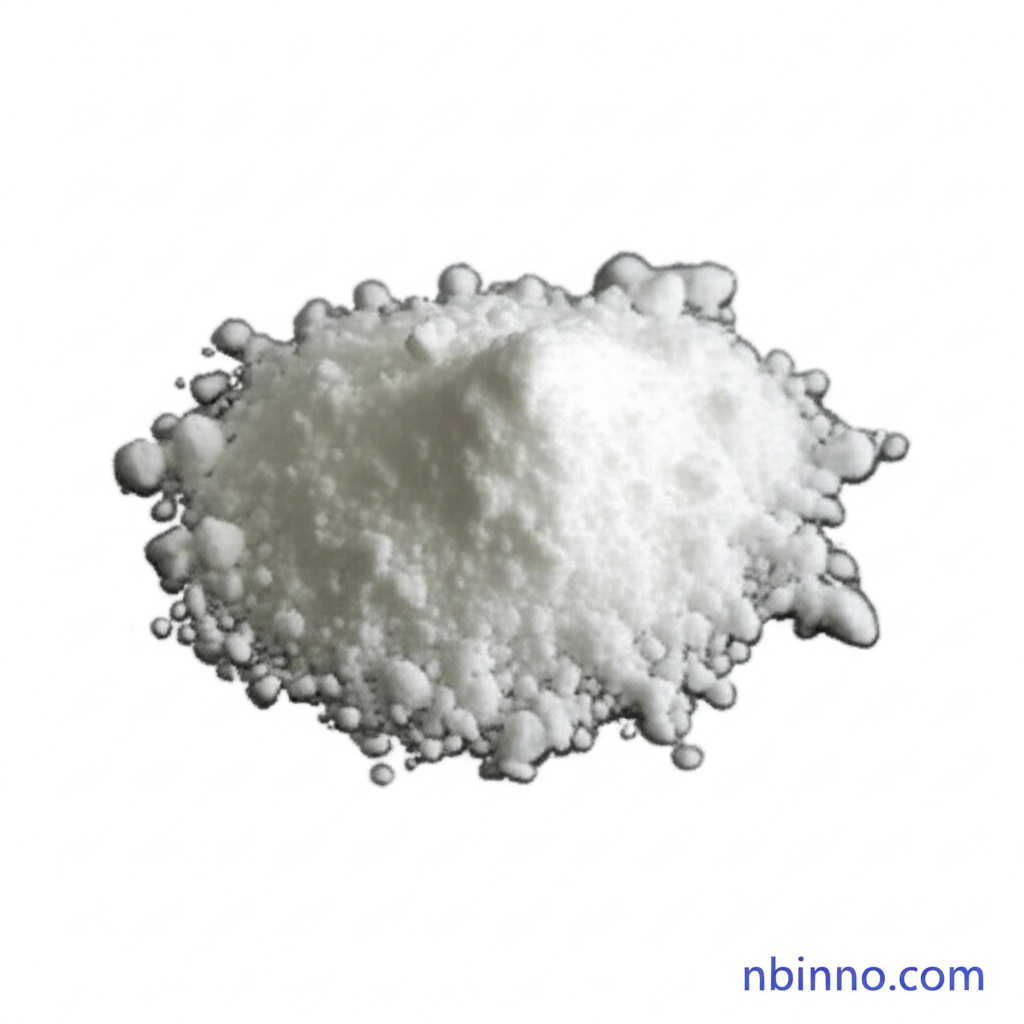N-Succinimidyl Decanoate: Precision Reagent for Advanced Synthesis
Unlock innovation in peptide synthesis and bioconjugation with our high-purity succinimidyl ester.
Get a Quote & SampleProduct Core Value

N-Succinimidyl Decanoate
N-Succinimidyl Decanoate is a crucial reagent for activating carboxyl groups, enabling efficient amide bond formation in peptide synthesis. Its high purity ensures reliable results in complex biochemical reactions and drug discovery processes.
- Achieve precise peptide synthesis with N-Succinimidyl Decanoate for peptide synthesis, a key component in building complex peptide chains.
- Leverage the high purity of this decanoate ester to ensure reproducible outcomes in your research and development endeavors.
- Utilize this succinimidyl ester coupling agent for effective conjugation in various biopharmaceutical applications.
- Explore the benefits of this bioconjugation reagent buy for seamless integration into your experimental workflows.
Product Advantages
Enhanced Reactivity
This succinimidyl ester offers excellent reactivity for activating carboxyl groups, crucial for efficient peptide synthesis and functionalization reactions.
High Purity Assurance
With a purity of ≥98.0%, this decanoate ester provides reliable and consistent performance, minimizing side reactions and ensuring the integrity of your synthesized molecules.
Versatile Application
Its utility as a coupling agent makes it ideal for a wide range of applications, from peptide synthesis to the development of novel bioconjugates.
Key Applications
Peptide Synthesis
Facilitates the formation of peptide bonds with high efficiency, a cornerstone for the buy of peptide synthesis reagents.
Bioconjugation
Enables the covalent attachment of molecules to biomacromolecules, a vital step in developing targeted therapies.
Carboxyl Group Activation
Effectively activates carboxylic acids for subsequent nucleophilic attack, streamlining organic synthesis pathways.
Protein Crosslinking
Used in the crosslinking of proteins and other biomolecules to study structure-function relationships and develop new diagnostics.
